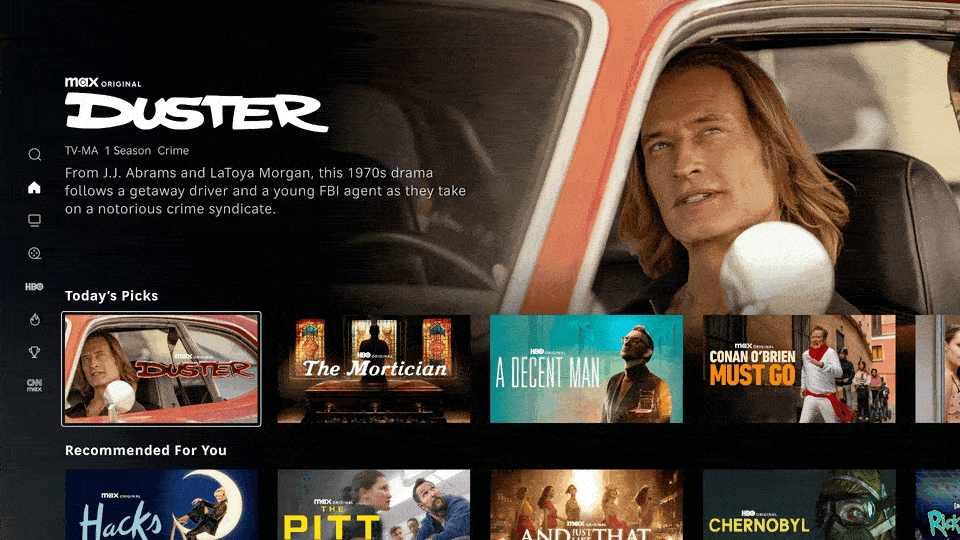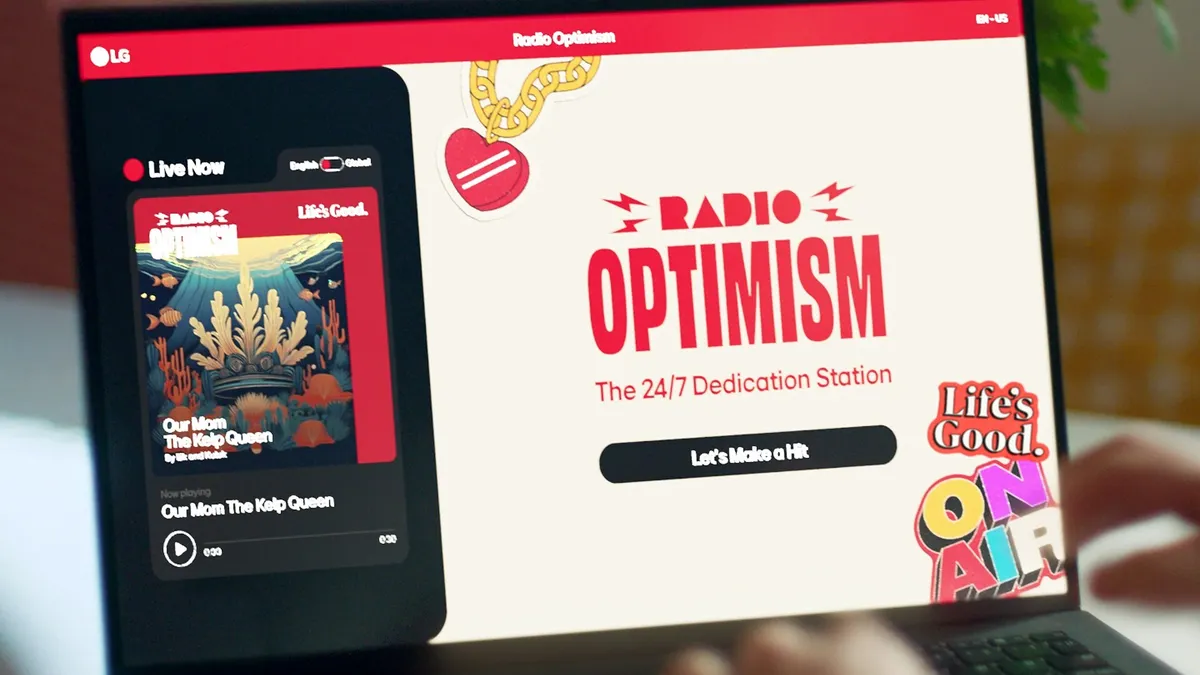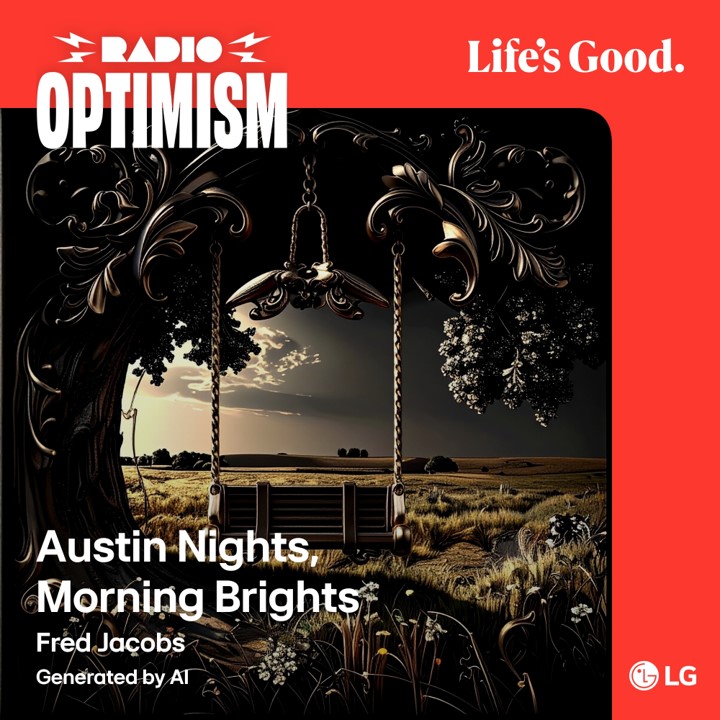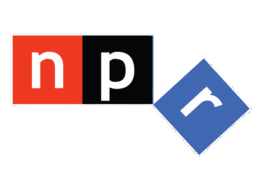
The conversations about AI and the concept known as “The Future” have been numerous over the past few years, particularly as the technology has proliferated and made leaps. Debates about which careers may become “nonessential” (or “redundant” as they refer to it in the U.K.) have also been occurring fast and furious.
The fact is, none of us knows precisely how and where AI will expand, the jobs it may eliminate in its wake, and the effect it will have on careers, industries, and of course, the economy. Billions of dollars are being poured into this technology in the hopes it can help us be more efficient, leaving us more time to accomplish things we simply don’t have the bandwidth or the resources to accomplish.
In that spirit, I’m here to help. Better yet, to clarify. While I don’t claim to be an expert in the discipline of AI, I’ve seen many advances reach the surface over the past few years, for better or for worse. That’s because most people tend to be on one extreme or the other:
AI is going to revolutionize everything OR AI is going to destroy life as we know it.
Like all good consultants, I land squarely in the middle. I can see it from both sides—the techno marvel that it is and will be or the erosion and ultimate destruction of creativity and critical thinking.
As I was laying out the logic path for this post yesterday, I bumped into a timely think piece from Jason Barrett. “Is the Media Ready For An AI Tsunami?” is well-written and thought out, touching on many of the potential and problems along the AI highway.
But Jason’s conclusion has a similar ring to everything you’ve heard me, Paul, and Chris Brunt say, especially given the presence of AI at CES for well more than a decade.
And the title of his missive reminded me that we often align on many important issues facing the radio broadcasting industry, as evidenced by this graphic I used for a blog post in early ’24:

Jason wraps his article with this sound piece of advice:
“As the old saying goes, the enemy of my enemy is my friend. Whether you like AI and how technology is disrupting the world or not, it’s happening. Future-proofing your business and career is vital, so don’t make the mistake of ignoring it. It’s better to stand with those who evolved and learned how to use it to their advantage than with those who resisted the change and got left behind.”
At Morning Show Boot Camp early next month I’m moderating a session that will summarize much of what we’ve learned from our half dozen AQ studies of air talent since we launched this effort in 2018.
Among the many questions the thousands of on-air respondents have answered, it’s the importance of acquiring AI skills that will be a key topic of discussion in Austin. As Jason wisely reminds, we cannot be left behind.
But sometimes we forget that AI—like so many technologies—is only as good as the human ideas that dream up applications. The old maxim—GIGO—or “Garbage In, Garbage Out”—very much applies here.
And today’s post will provide you with a few reminders that AI has limitations, many of which actually show up at the drawing board level where it’s still not too late to cancel a plan or rethink a project. But somehow, these ideas still get the green light OK to actually see the light of day.
Are they helping the world? Perhaps better put, are they furthering the companies that develop these so-called cutting edge technologies? Well, I’ll let you be the judge of that.
Maxed out? – The first example comes from the video streaming platform soon to be known (again) as HBO Max. I’ve blogged about the shifting identity of this channel, a branding train wreck happening right now on our smart TVs.
And now to possibly compound the awkwardness, the powers-that-be behind the platform have announced they’re letting AI decide the previews you see when you “hover over” a movie or TV series on their content guide.
In a story in The Verge by Emma Roth, we learn this new feature is rolling out right now in the U.S. The idea is that Max’s AI tool will “identify ‘standout’ scenes from its shows.”

You can see how this works in this GIF from Warner Bros. Discovery
What can go wrong? The release from Max insists its team will curate the clips before they become linked to the preview software. But like so many AI tools, it is easy to become blasé about monitoring their results.
How long before a “spoiler” makes its way into these segments? And even if Max’s bots are programmed to avoid giving something away, we all have seen way too much from trailers that are TMI, thus disappointing us somewhere along the line.
Is it that hard, wasteful, or inefficient to assign this task to a human familiar with a show, movie, or doc?
Soccer bots run amok – It turns out the popularity of soccer in China is flagging for some reason. Unlike so many other parts of the world, Chinese fans have been lukewarm about the game.
So why not revive interest with AI bots? The AP reports four teams of autonomous humanoid robots entirely driven by AI have been created to entertain the masses.
Just like with self-driving cars, each robot has a camera that identifies the ball, the field, and other robots. While they’ve been built to get back up after a fall, some are carried off the field on stretchers, one of the most entertaining aspects of the match IMO.
Here’s the AP story:
“Play ‘Free Bird'” – It was bound to happen. An AI-generated band has emerged, racking up millions of streams on Spotify. Everything about this project appears to have been created by the technology, as evidenced by the band’s time and its first single:
Velvet Sundown – “Dust on the Wind”
The artists’ photo and capsule summary tells you all you need to know about this artificial collection of “music makers,” already racking up more than 1.1 million monthly listeners:

Of course, you want to hear “Dust on the Wind” (with apologies to Kansas). Note the video on YouTube where they’re nearing 200,000 views:
Is it any good? Is it even listenable? Is it just machine-made drivel? That’s what Rick Beato, the popular YouTube musician, producer, and educator who recently took on the task of sorting out the Velvet Sundown controversy.
At the end of his analysis, Beato concludes through his technical diagnostics that the song (and the band) are synthetic. As for the quality, he doesn’t really cast a judgment one way or the other.
But on the issue of “Who gets paid?” when millions of people stream an AI song, Beato raises key questions. Doesn’t the AI essentially use the crafts of writers, musicians, and producers to create its knock-off versions of the real thing?
Still, he admits that AI and the creation of music is not a simple task to categorize its origins or its profits.
Can AI deliver “good vibes?” – I discussed the concept of vibology in yesterday’s post, taking a deep dive into how radio and music can create an attitude or state of mind, depending on how it is crafted.
And that seems to be what LG is up to. You probably know this company as the maker of high-quality smart TVs. But as we know from our CES sojourns, LG has its corporate fingers in a lot of consumer pies—washer/dryers, refrigerators, auto components, and even air solutions.
And now, it appears they’re wandering into the world of radio. Sort of.
Marketing Dive’s Aaron Baar reports the electronics company is launching an interactive platform called (…wait for it…) “Radio Optimism.” The graphic alone is enough to make you wonder what this company is thinking:

Its AI engine creates custom songs designed to “foster deeper connections in the digital era.” I’ll let you be the judge of whether LG’s program comes close to accomplishing that mission.
The campaign ambitiously takes on sites like Facebook, X, Instagram, and TikTok to “combat the negativity felt within channels like social media that are often dominated by superficial interactions.”
And somehow, LG’s AI is designed to be the antidote to this existential problem. “Radio Optimism” was driven by a research study (of course) that showed more than two-thirds (68%) of people “find it harder to make real friends,” much less “meaningful connections.”
So, you enter your name, the name of a person you wish to dedicate your AI-generated AI song to, and some factoids about the person and situation. You then select the genre from a featured list (EDM, rock, R&B, etc.) as well as a musical style (upbeat, melodic, etc.), and the magic of AI does the rest.
If you’re happy with the outcome, you can make sure its included in LG’s “Radio Optimism” master playlist.
So I gave it a flyer, dedicating the song to Don Anthony, the maestro behind Morning Show Boot Camp. I provided the details (when, where, who attends, etc.) and selected R&B/romantic as my genre/style.

You can make your own AI masterpiece on the Radio Optimism microsite here.
I’m not proud of “Austin Nights, Morning Brights,” but it’s probably state of the art for AI. And maybe that’s the point.
I made it for nothing and it only took about 90 seconds of processing time. GIGO.
Is it competitive with Velvet Sundown’s “Dust on the Wind?” Maybe. But neither is truly good enough to be a hit.
And perhaps that’s one of the early lessons of AI. It can create a perfectly mediocre song, piece of copy, graphic, or video. But ultimately, it’s us creators who will make the stuff that matters or figures out the best ways to harness this technology.
It would be a smart career move to learn as much about AI as you can, whether you’re in management, behind the mic, or sitting in a production studio. The combination of your creativity, skill, and openness to what’s new and now may very well how you come through this media revolution.
Meantime, I’m going to go watch those robots play soccer.
Originally published by Jacobs Media








